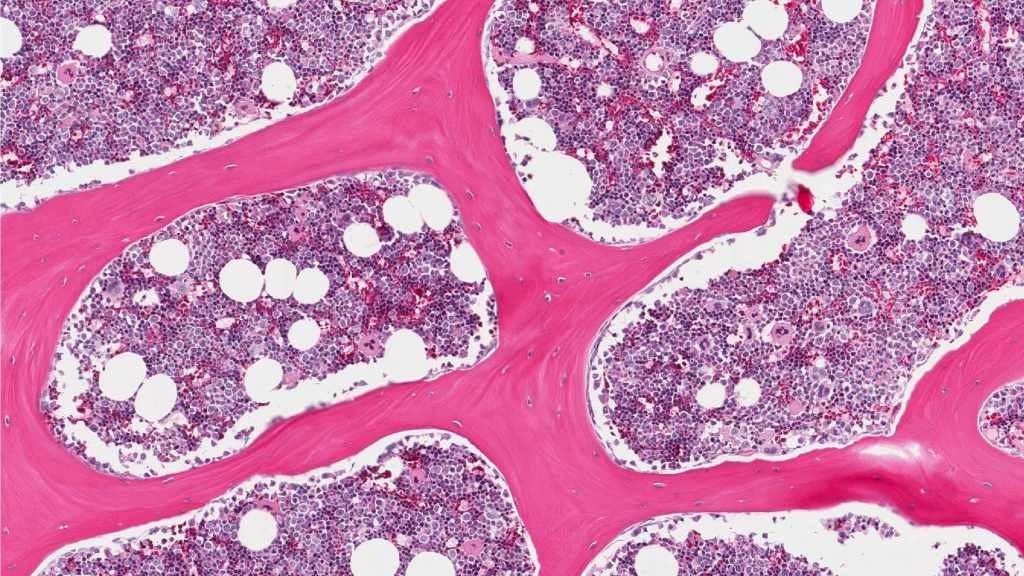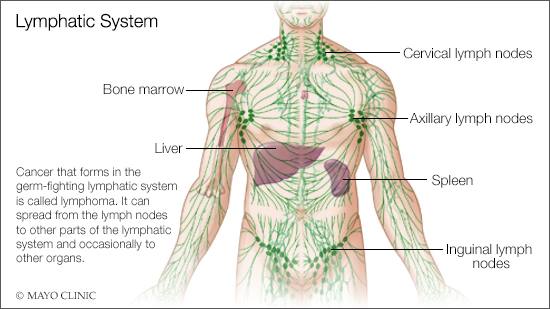-
Mayo Clinic Q&A podcast: Accurate diagnosis is key to treating lymphoma

Lymphoma is a cancer of the lymphatic system, which is part of the body's germ-fighting network. The lymphatic system includes the lymph nodes or glands, the spleen, the thymus gland, and bone marrow.

While many types of lymphoma exist, the main subtypes are Hodgkin's lymphoma and non-Hodgkin’s lymphoma.
Knowing exactly which type of lymphoma you have is key to developing an effective treatment plan.
"The main problem with lymphoma is accurate diagnosis," says Dr. Jose Villasboas Bisneto, Mayo Clinic hematologist. "It is a rare cancer in proportion to the other cancers, so most cancer doctors will not see many lymphoma patients in any given month, or even a given year."
Tests used to diagnose lymphoma include imaging tests, such as PET, CT or MRI scans, as well as biopsies of the lymph nodes and bone marrow.
What treatment is best for a patient depends on the lymphoma type and its severity.
On the Mayo Clinic Q&A podcast, Dr. Villasboas Bisneto discusses the various types of lymphoma and how they are treated.
Watch: Dr. Villasboas Bisneto discuss lymphoma.
For the safety of its patients, staff and visitors, Mayo Clinic has strict masking policies in place. Anyone shown without a mask was either recorded prior to COVID-19 or recorded in a nonpatient care area where social distancing and other safety protocols were followed.
For more information and all your COVID-19 coverage, go to the Mayo Clinic News Network and mayoclinic.org.








